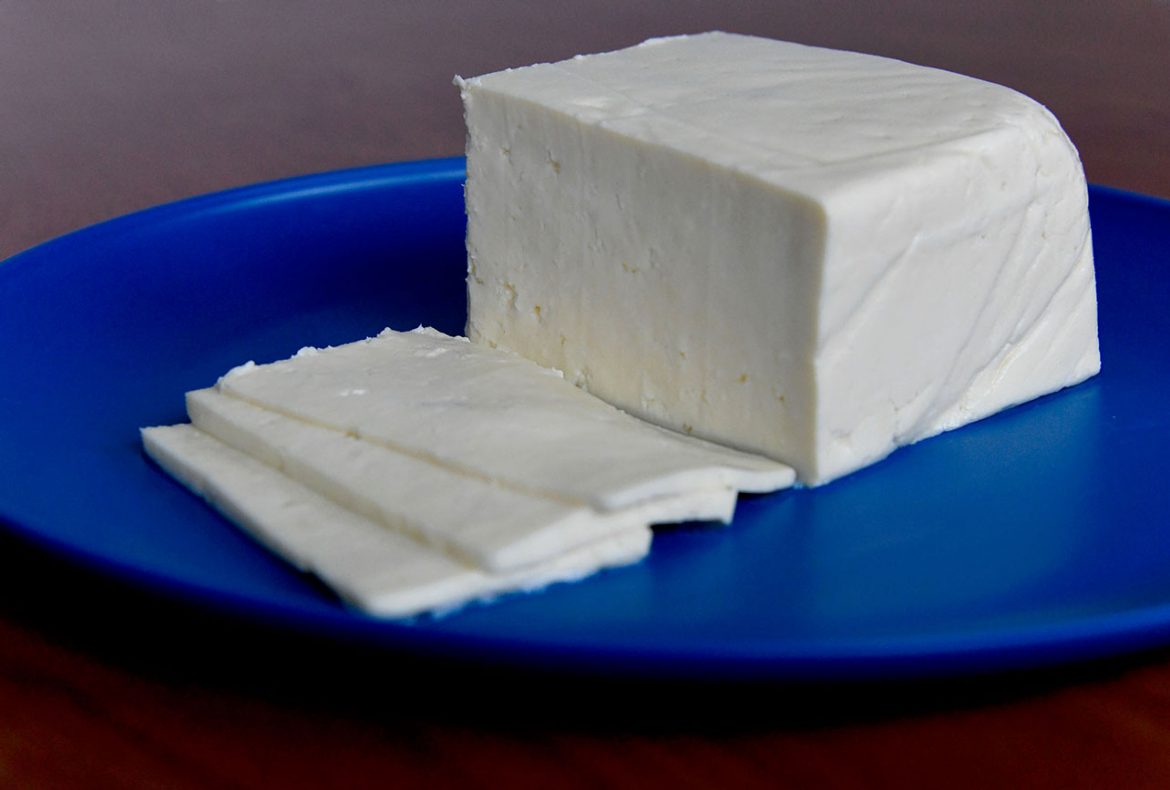The Costa Rica Courts recently ruled against Dos Pinos in a legal battle involving Turrialba and Turrialba-type cheese. As per the judgment, Dos Pinos and Sigma, the companies that initiated the lawsuit, must cover the costs incurred during the litigation process due to the inadmissibility of the case.
Understanding the “Denomination of Origin” Concept
At the heart of the issue is the “denomination of origin” concept, which aims to clarify the origin of a product when that detail influences its quality or characteristics. Dos Pinos produced fresh, Turrialba-like cheese for four years before the “denomination of origin” was implemented.
Previously, companies could manufacture fresh cheese with milk sourced from any region and market it as Turrialba-type cheese, potentially misleading consumers. Authentic Turrialba cheese is handcrafted using milk from Turrialba, even though all fresh cheese has come to be referred to as Turrialba cheese.
Dos Pinos’ Argument for Coexistence
Dos Pinos’ goal was to establish a form of coexistence between pre-existing products and those labeled with the “denomination of origin.” However, since the inception of the “denomination of origin,” certificates have been awarded to genuine Turrialba cheese producers only.
Restrictions on Turrialba Cheese References
Following the enforcement of the “denomination of origin,” other companies are now prohibited from using terms like “similar to Turrialba cheese,” “Turrialba-type cheese,” “equal to Turrialba cheese,” “Turrialba class,” and “Turrialba style.”

